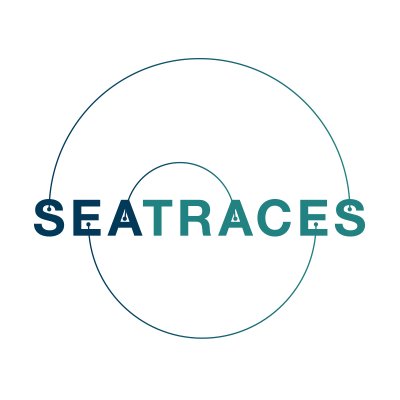SEA-TRACES
People involved
Smart Traceability and Labeling ToolBox for a Sustainable Seafood Production

The maritime dimension is the main feature of the Atlantic Area and one of the main drivers of its economy. Illegal logging, fraud and mislabeling is an important problem that creates high risks for the existence of an activity focused on the exploitation of seafood. In addition, the level of innovation too little developed in the traditional sectors implies that its potential is not yet fully exploited. In response to the need to increase the technology involved in the growth of this economic axis, SEA-TRACES will develop innovative tools to promote competitiveness in two specific areas: artisanal fisheries and aquaculture, pillars of "blue growth". The general objective of SEA-TRACES is to show producers, industry and consumers that labeling and traceability are essential to protect and enhance fisheries and aquaculture in this geographical area. Through the actions developed within the framework of SEA-TRACES, the main actors of the consumer chain will be able to identify the available tools that will enable them to adopt a sustainable attitude towards the production and the marketing of seafood. SEA -TRACES will demonstrate, through case studies, how innovative implementation of traceability and labeling instruments can facilitate and increase commercialization and added value of products. SEA-TRACES will promote meetings and workshops to maximize the flow of information between the actors of the production is the consumers. SEA-TRACES will develop, test and implement new rapid tag verification tools in cooperation with key stakeholders involved in tag analysis and control. In addition, ICT tools will be created as trade facilitation tools allowing direct sales from producers to the consumer.
Funding:
INTERREG Atlantic Area
ERDF funding: 2.645.181,31 €
Total budget: 3.558.468,50 €
Project coordinator: :
Carmen González Sotelo – SCIC – Vigo - Espagne
- Agencia Estatal Consejo Superior de Investigaciones Científicas (Spain)
- Instituto Português do Mar e da Atmosfera, I.P. (Portugal)
- Indigo Rock Marine Research Station (Ireland)
- The University of Salford (United Kingdom)
- Max Rubner-Institut ( Germany)
- The University Court of the University of Aberdeen (United Kingdom)
- Exporsado, Comércio e indústria de productos do mar (Portugal)
- Consello Regulador do Mexillón de Galicia (Spain)
- Xunta de Galicia (Spain)
- Marine Stewardship Council ( United Kingdom)
- Sea-Fisheries Protection Authority (Ireland)
- Department for Environment, Food and Rural Affairs (United Kingdom)
- Fastnet Mussels (Ireland)
- Ministerio de Agricultura y Pesca, Alimentación y Medio Ambiente (Spain)
- Centro Investigación y Control de Calidad.Agencia Española Consumo,Seguridad Alimentaria y Nutrición (Spain)
- European Commission, Directorate General Joint Research Centre ( Belgium)
- Service Commun des Laboratoires (France)

